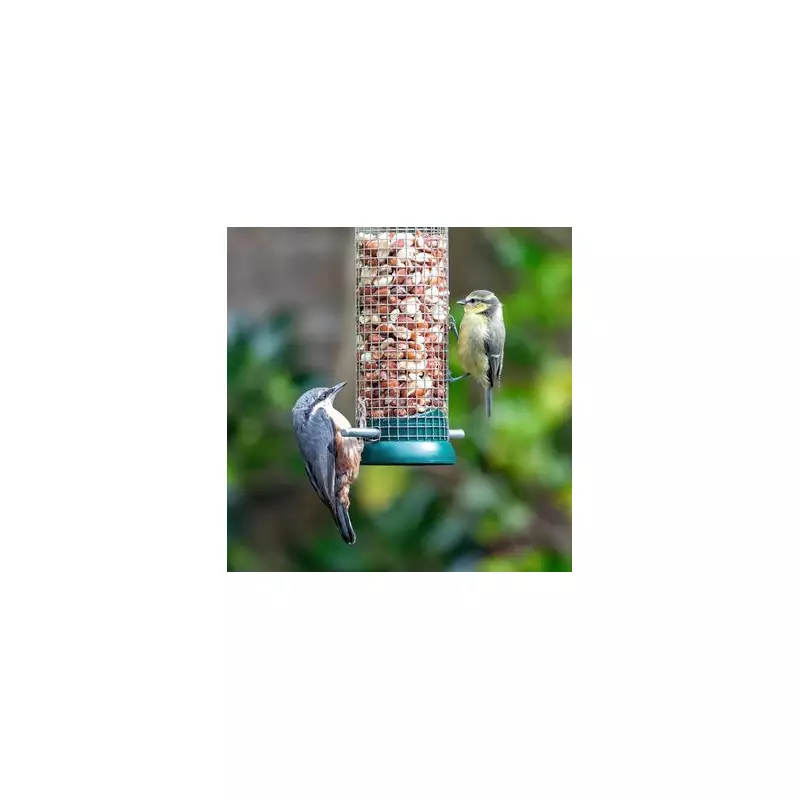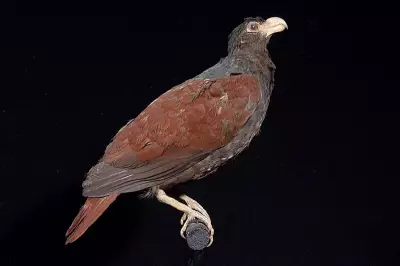
Households across the UK are being issued an urgent warning to protect their garden birds from a hidden danger that can develop in less than 24 hours.
Richard Green, a bird feeding specialist from Kennedy Wild Bird Food and Pet Supplies, has alerted families to the rapid spoilage of bird food during colder, wetter months. He emphasises that vigilance is crucial to prevent the spread of illness among visiting wildlife.
The Hidden Danger in Your Garden Feeder
According to Green, bird feeders see significantly more use during winter, but they can quickly become hazardous when food becomes damp. Within 24 to 48 hours of getting wet, seed can develop dangerous moulds, bacteria, and parasites.
"When seed clumps together, changes colour, or develops a musty smell, that's a clear sign of spoilage," Green explained. He stressed that any visible black, green, or white fuzz means the food should be discarded immediately.
Even condensation building up inside a feeder can create the perfect environment for mould growth, making it essential to dry feeders thoroughly before refilling them.
Can You Save and Reuse Wet Bird Seed?
Green is unequivocal in his advice against reusing damp seed. "Once bird seed has become wet, it should always be removed and disposed of, never dried out and reused," he stated.
The expert explained that while birds might naturally encounter damp food in the wild, feeders concentrate the risk because multiple birds share the same feeding space. Mould spores and bacteria remain active even after drying, posing a continued health threat.
"Cleanliness is what makes garden feeding safe," Green emphasised, highlighting that proper maintenance is more critical than ever during wet weather.
Choosing the Right Feeder and Food
To help bird lovers protect their feathered visitors, Green recommends specific feeder designs. "Not all feeders are suited to wet weather. Designs with roofs, rain guards or mesh sides help food stay dry and allow water to drain away."
He also suggests choosing feeders that come apart easily for cleaning to prevent disease build-up and avoiding large decorative feeders where food can sit uneaten for days.
Strategic placement can also make a significant difference. Positioning feeders under tree branches, eaves, or other sheltered areas helps protect both the food and birds from driving rain.
During challenging weather conditions, Green advises offering high-energy foods. "Birds need more energy in wet weather as they burn calories trying to stay warm and dry. Offering high-energy foods such as suet, sunflower hearts, and mealworms can make a real difference to their survival."





